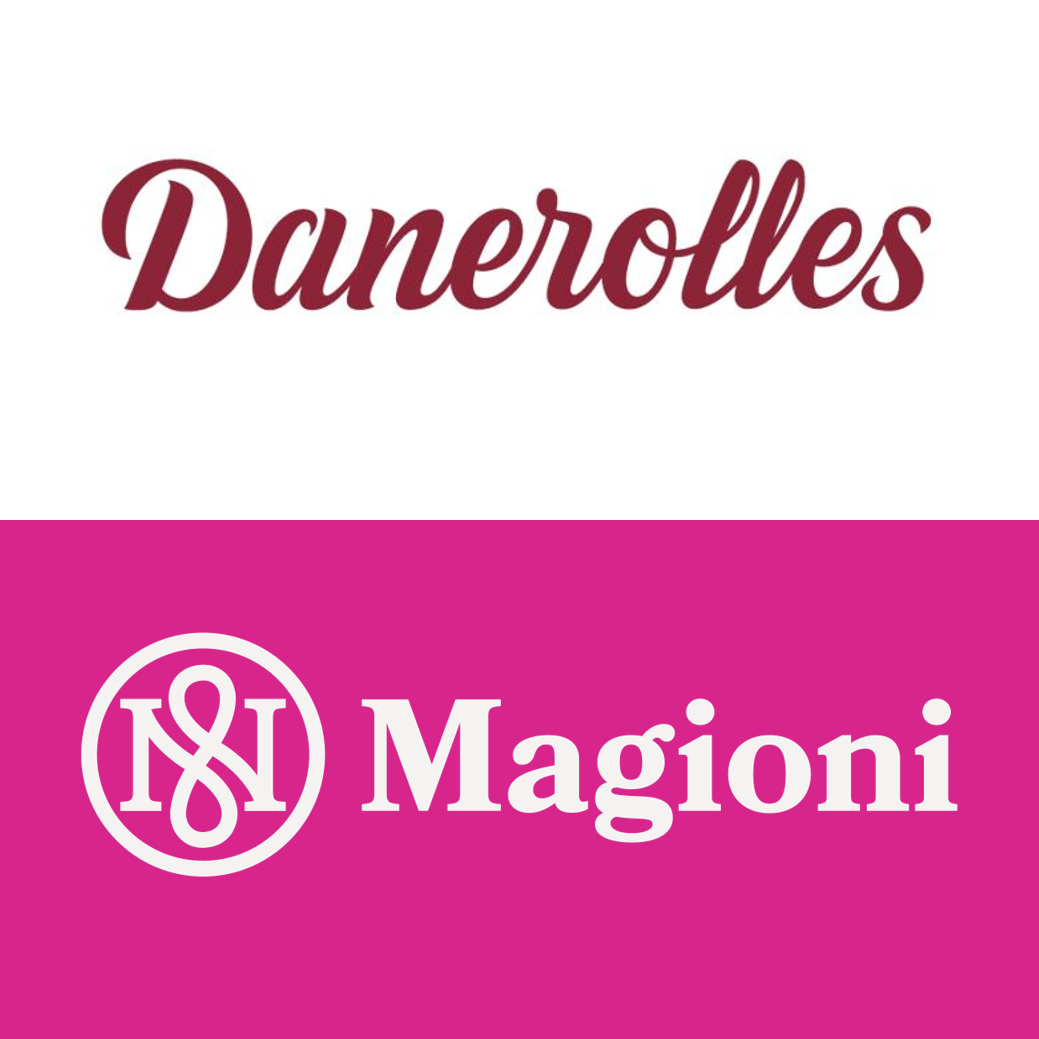

Danerolles / Magioni

1.6
North Holland, Netherlands The
October 2025
Food products
Wholesale/Retail
Australia,
Belgium,
Denmark,
Finland,
Netherlands The,
Sweden
At Danerolles and Magioni, we share one mission: to create delicious food that brings joy while contributing to a better world. Together we craft food products that inspire everyday moments of enjoyment while caring for people, the planet and our communities. About Danerolles – Fresh dough since 1974. For over 50 years, Danerolles has brought families together with high-quality croissant dough. As a beloved brand, we’re proud that so many choose us for fun baking moments. We believe it all starts with honest ingredients and responsible choices. From sourcing to transport we keep reducing our environmental impact to make baking more sustainable for everyone. Learn more at www.danerolles.com. About Magioni – FOR THE LOVE OF GOOD FOOD. At Magioni, we believe that a healthier lifestyle should be tasty, easy, and fun — without compromise. It’s all about finding balance in everyday life. That’s why we create better alternatives to comfort food by adding vegetables to our recipes, improving their nutritional value while keeping the same delicious taste. We’re committed to choices that are better for people and the planet, making it easier for everyone to enjoy food that’s enjoyable, nourishing and responsible. Learn more at www.magioni.com.
Overall B Impact Score
Governance 14.2
Governance evaluates a company's overall mission, engagement around its social/environmental impact, ethics, and transparency. This section also evaluates the ability of a company to protect their mission and formally consider stakeholders in decision making through their corporate structure (e.g. benefit corporation) or corporate governing documents.
What is this? A company with an Impact Business Model is intentionally designed to create a specific positive outcome for one of its stakeholders - such as workers, community, environment, or customers.
Workers 23.0
Workers evaluates a company’s contributions to its employees’ financial security, health & safety, wellness, career development, and engagement & satisfaction. In addition, this section recognizes business models designed to benefit workers, such as companies that are at least 40% owned by non-executive employees and those that have workforce development programs to support individuals with barriers to employment.
Community 20.4
Community evaluates a company’s engagement with and impact on the communities in which it operates, hires from, and sources from. Topics include diversity, equity & inclusion, economic impact, civic engagement, charitable giving, and supply chain management. In addition, this section recognizes business models that are designed to address specific community-oriented problems, such as poverty alleviation through fair trade sourcing or distribution via microenterprises, producer cooperative models, locally focused economic development, and formal charitable giving commitments.
Environment 21.3
Environment evaluates a company’s overall environmental management practices as well as its impact on the air, climate, water, land, and biodiversity. This includes the direct impact of a company’s operations and, when applicable its supply chain and distribution channels. This section also recognizes companies with environmentally innovative production processes and those that sell products or services that have a positive environmental impact. Some examples might include products and services that create renewable energy, reduce consumption or waste, conserve land or wildlife, provide less toxic alternatives to the market, or educate people about environmental problems.
What is this? A company with an Impact Business Model is intentionally designed to create a specific positive outcome for one of its stakeholders - such as workers, community, environment, or customers.
Customers 4.2
Customers evaluates a company’s stewardship of its customers through the quality of its products and services, ethical marketing, data privacy and security, and feedback channels. In addition, this section recognizes products or services that are designed to address a particular social problem for or through its customers, such as health or educational products, arts & media products, serving underserved customers/clients, and services that improve the social impact of other businesses or organizations.